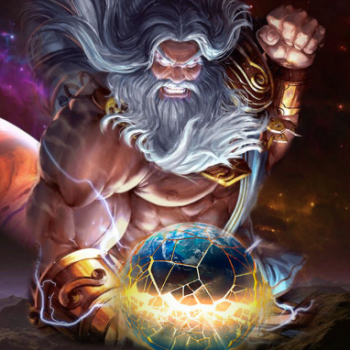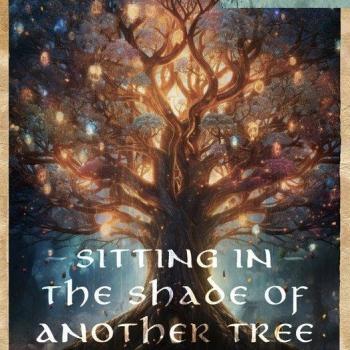
In the most simplistic sense, an atheist is someone who does not believe that any deity exists, whereas an agnostic is someone who argues that there is no way we can know whether there are or are not deities and, thus, agnostics typically claim to neither believe nor disbelieve. Neither atheists nor agnostics have any religious faith or practice, and most reject the prospect of any supernatural event.
In the world of religious faith, however, it’s hard to find two people who agree on everything. Faith, and the absence of it, exist in many forms and on a wide spectrum of perspectives. At one end we might find a devout Hindu, Muslim, Christian, or Jew—each of which believes that a god or gods exist who affect this world and every human life. Such people are theists, believers in the divine, though they disagree deeply about the nature of the divine and the expectations of human life. At the other end of the spectrum, we might find someone who not only doubts that gods exist, but actively believes gods do not exist. In between, there are various types of faith and non-faith.
Deism, for example, is technically a theist posture, but not one that engages in any type of religious activities. Deism was an Enlightenment religious position that granted the existence of a deity who created the world, but who had no personal relationship with the created order and made no demands on humanity or provision for it. Thus, a deist rejects any concept of supernatural revelation, nor holds to a particular doctrine or dogma.
Atheism is quite literally a-theism, or non-theism. An atheist may simply be someone who has no specific belief in the existence of deities, or an atheist may be someone who absolutely believes that there are no deities. An atheist may be someone who gives no thought to religious beliefs whatsoever and, thus, merely adopts a nonreligious perspective to life and the world; or an atheist may be someone who has considered and rejected the possibilities of theism.
Agnosticism too may take different forms. One agnostic may be open to the possibility that a god or gods exist but argues that it’s impossible to know one way or the other. Another agnostic may agree that it’s impossible to know but, since we cannot know, he or she chooses to disbelieve. Agnostics in general agree that the various claims of religious revelation accepted by people of faith—whether in the Bible, the Quran, the Vedas, the Bhagavad Gita, or any other religious text—are unconvincing and, thus, not applicable to their own lives.
Humanism is a philosophical posture that closely approximates some forms of atheism and agnosticism. Most contemporary humanists reject the essential theist claim that a divine being has power over human life, and they focus instead on the possibilities and responsibilities that humans have for creating their own reality. Humanists promote individual and corporate well-being through exclusively natural and human, rather than supernatural or divine, means.
Buddhism has many expressions, but one of its most ancient forms is atheistic. Read more about it here.3/10/2023 6:09:53 PM









